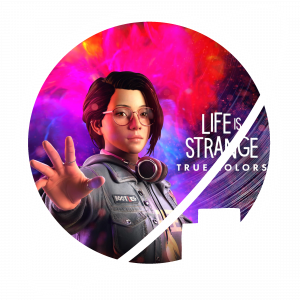- Novel written by Philip K. Dick
- Published 1968
- Standalone


I have a bit of a love/hate relationship with Philip K. Dick, where I really want to like what he writes but I often struggle to just a little actually enjoy reading his work.
Do Androids Dream of Electric Sheep fits that picture very well.
In Do Androids Dream of Electric Sheep, Dick creates an interesting world, with a history, religion, a crumbling society – all with a few throwaway lines. I have praised a sci-fi writers’ ability to do this at length and it was one of the reasons I enjoyed Neuromancer so much.
Moreover, Do Androids Dream of Electric Sheep has a surprising amount of depth. It revolves around the real versus the fake, around human empathy, and around the distance created between people by artificial distinctions.
A good example of this depth is the fact that all humans are supposed to demonstrate their empathy by caring for an animal. But since these are so expensive, some have a ‘fake’ electric animal instead (a source of great shame, and thus kept secret). Nevertheless, the humans love these electric animals with all their heart as their society and religion requires of them. But when it comes to ‘fake’ humans – the androids – humans are supposed not to have a shred of feeling for them. It is this paradox that the protagonist Deckard is struggling with.
And that is a great theme! Do Androids Dream of Electric Sheep just feels a little like Dick went into it without too much of a plan. As a result, there are poignant moments, but not a particularly strong overarching structure. There are great ideas and little vignettes, but some of these are discarded after use in a single paragraph.
Most importantly, however, is Dick’s prose, which is best described as very blunt. I don’t need flowery prose to enjoy a story, but in Do Androids Dream of Electric Sheep, I found Dick’s presentation rather jarring at times.
In a book that revolves around empathy, Dick leaves basically all of the feelings to the reader. That has advantages – the reader is free to project their own thoughts and feelings onto Deckard and his wife and to judge their relationship by those standards.
That also means, however, that Dick has written a novel without much of an actual message, since the reader can basically make of it what they wish. The rather disjointed ending adds to this feeling.
So. I like Do Androids Dream of Electric Sheep. It is full of interesting ideas and has great theme. But I don’t think Dick knocked it out of the park with these ingredients. It makes me wonder what we could have gotten if some other, more empathetic writer had taken Dick’s outline and built a story with it.















